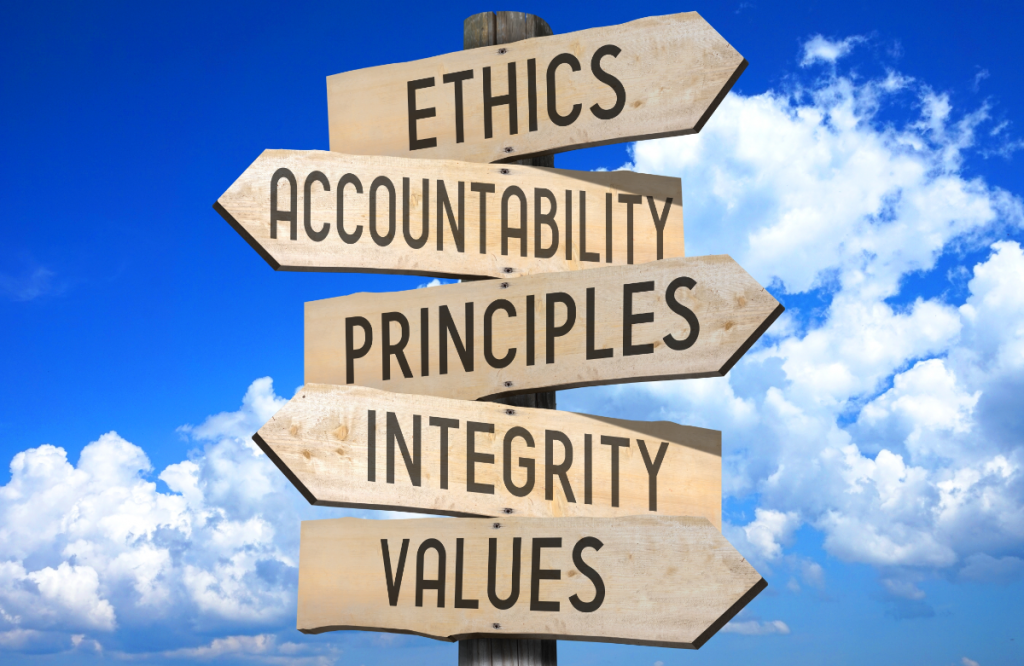Absence of rules, guidelines, or instruction in any setting will lead to chaos. Ethics is a set of written guidelines, aspirational in nature, that we continually strive to attain. Ethics is the branch of philosophy that deals with the morality of human actions. Every professional body is governed by ethics and the behavioral health field is not exclusive. Without ethics, behavioral health professionals will achieve nothing or very little of our goals. Hence, the roles and importance of ethics in behavioral health is crucial; it sets order and facilitates a total and healthy human development.

Behavioral health care professionals follow specific codes of ethics that identifies expected behavioral norms, rules, boundaries, standards and shared ethical principles for their individual roles. Codes of conduct for substance abuse counselors offers guidance on how to handle tricky situations and appropriately support clients from intake to recovery. Professional codes identify behaviors, dispositions, principles and beliefs that practitioners embrace in the interest of the health, safety, and well-being of those they serve.
Although ethical violations may be few in number, we all have the responsibility to address them in order to maintain the highest level of client protection possible. When they are not addressed, it sends a message to clients, their families, their communities, and other professionals that the behavior is acceptable. Not all issues will require a formal complaint, there may be other avenues to resolution that can be explored. If you have concerns and aren’t sure what to do next, you can reach out to our Executive Director and/or Ethics Committee Chair to discuss the situation. We take ethical concerns seriously, so let us help.
When unethical behavior goes unreported and not addressed, the risk of harm to those that we serve not only remains goes unchecked. In addition, it significantly affects the credibility of our field. Behavior that is potentially unethical is often evident without the intention of doing harm and we recognize that reporting a colleague can be difficult. Depending on the severity of the potential infraction, we first recommend addressing the behavior with your colleague, with the next step being notification of your supervisor. If that does not resolve the issue, filing with the CCB is your duty as a professional. Egregious violations, such as intimate relationships with clients should be reported immediately.
The CCB is available to help any professional process potentially unethical behavior that they have witnessed to determine what the best plan of action may be. We take potential violations seriously, and have an established procedure to investigate, while protecting the rights of all. If there is evidence that a violation has occurred, sanctions can be applied from something as simple as requiring more training or supervision around an issue to permanent revocation for he most severe incidents. All of us in the workforce are the eyes and ears of the field and protectors of all we serve. It is a heavy burden, yes, but one that is most worthwhile.